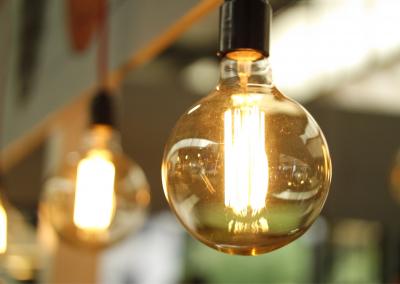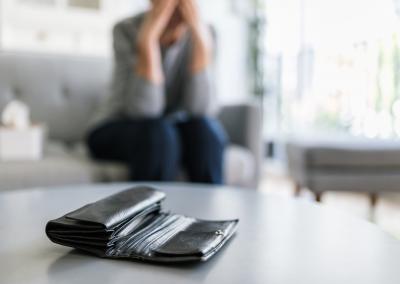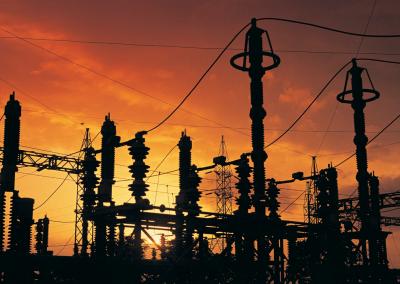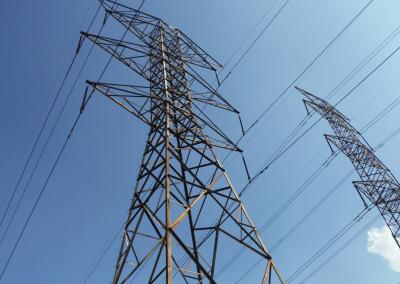Government opposes sharing electricity with relatives
The government opposes a proposal by MPs to allow surplus electricity generated by their own power stations to be shared with close relatives.
Consumers with their own power plant also have the right to accumulate and compensate for the electricity they generate in excess of consumption and to put some of it back on the grid for 'storage'.
Liberals Viktoras Pranckietis, Virgilijus Alekna and Simonas Gentvilas argue that allowing residents to allocate this electricity directly to relatives would encourage them to set up more of their own power plants.
The government this week adopted a conclusion to the law, which was tabled in the Seimas in the last legislature.
In principle, there is agreement that residents should be able to share their own electricity with relatives, but this requires changes to the legal framework.
„Persons seeking to (…) supply surplus electricity produced to other consumers, including their close relatives, should acquire the status of an active consumer, which gives them the right to dispose of the electricity they produce more freely,“, – the conclusion states.
To this end, the ministry intends to submit a law to Parliament that will determine how owners of power plants who have become "active consumers" will be able to share the electricity they generate. This amendment is planned to enter into force by mid-July 2026 at the latest.
So far, electricity can only be shared between relatives by setting up a Citizens' Energy Community (CEC). When a power plant is set up with relatives, its power is distributed among the members of the community, who can share the electricity generated by the plant.
Renatas Pocius, chairman of the State Energy Regulatory Council (SERC), has also criticised the idea of allowing the sharing of electricity with relatives – he argues that this should put consumers on the same market footing as other generators.














































































































